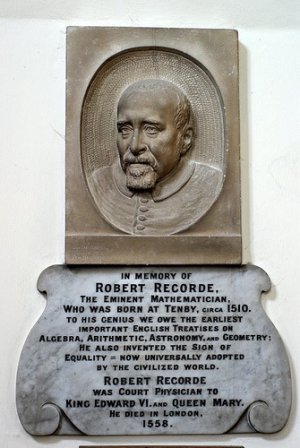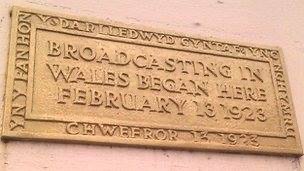Furryanimal
Y gath o Gymru
- Location
- Wales
February 9th
1540 The first recorded horse racing meeting in Britain; held at the Roodeye Field, Chester. Chester Racecourse is, according to official records, the oldest racecourse still in use in England
1543 Mary Stuart , at nine months old, is crowned Queen of Scots in the central Scottish town of Stirling
Today in 1739 saw the publication of the first edition of the Scots Magazine. The magazine was originally founded as a current affairs journal, and was often the first source of news for many Scots. It was deeply Hanoverian in its sympathies at the time and was highly regarded for its coverage of world affairs.
On this day 1964, BBC Cymru Wales was launched, to provide a service specific for Wales.
On February 9th, 1964, The Beatles made their iconic U.S. TV debut on the Ed Sullivan Show, captivating millions of viewers. This performance marked a turning point in music history, signaling the start of the British Invasion.
1968 Jean-Claude Killy wins Olympic downhill: On February 9, 1968, French skier Jean-Claude Killy won the gold medal in the downhill event at the Winter Olympics held in Grenoble, France
1540 The first recorded horse racing meeting in Britain; held at the Roodeye Field, Chester. Chester Racecourse is, according to official records, the oldest racecourse still in use in England
1543 Mary Stuart , at nine months old, is crowned Queen of Scots in the central Scottish town of Stirling
Today in 1739 saw the publication of the first edition of the Scots Magazine. The magazine was originally founded as a current affairs journal, and was often the first source of news for many Scots. It was deeply Hanoverian in its sympathies at the time and was highly regarded for its coverage of world affairs.
On this day 1964, BBC Cymru Wales was launched, to provide a service specific for Wales.
On February 9th, 1964, The Beatles made their iconic U.S. TV debut on the Ed Sullivan Show, captivating millions of viewers. This performance marked a turning point in music history, signaling the start of the British Invasion.
1968 Jean-Claude Killy wins Olympic downhill: On February 9, 1968, French skier Jean-Claude Killy won the gold medal in the downhill event at the Winter Olympics held in Grenoble, France



